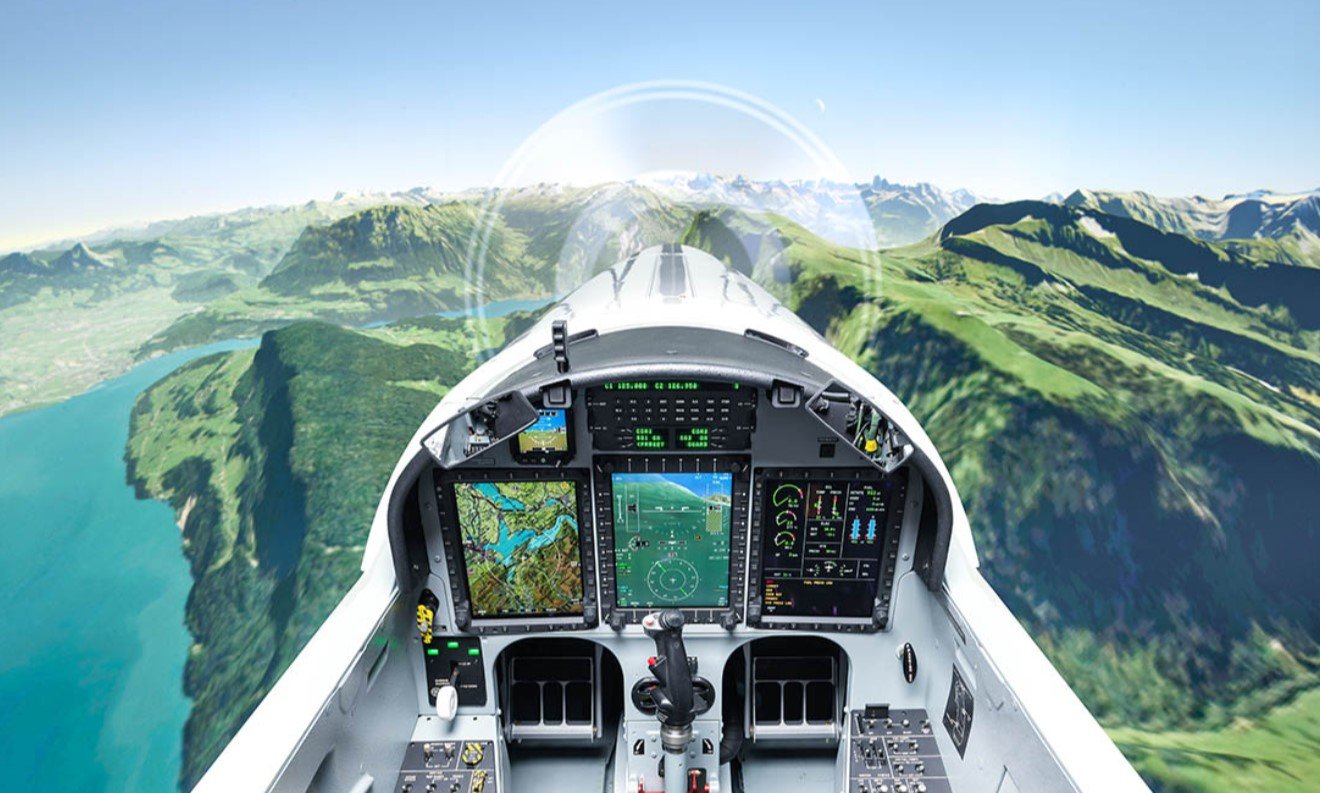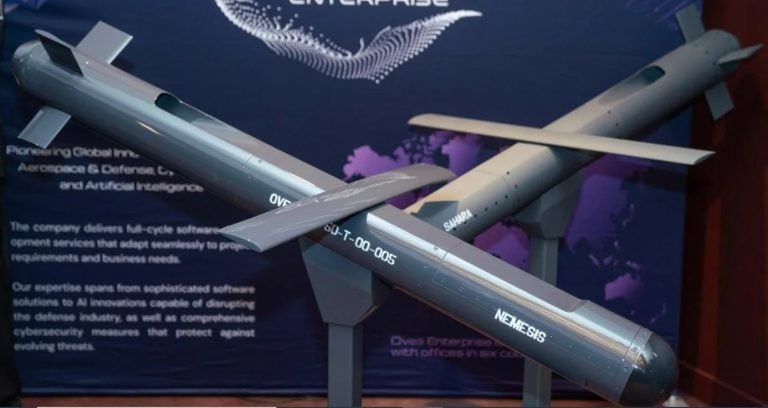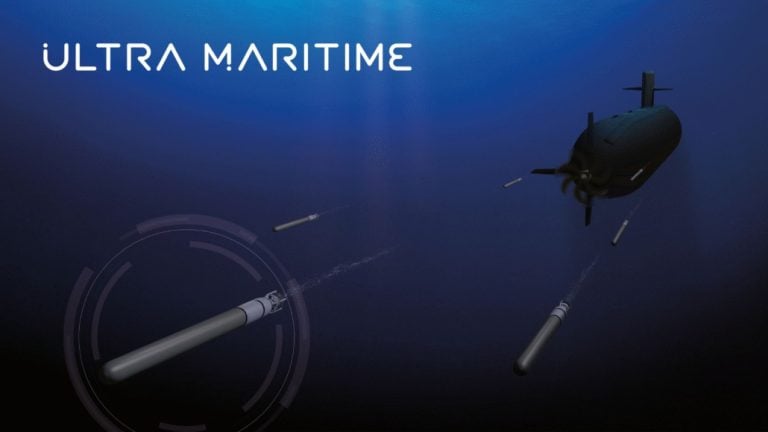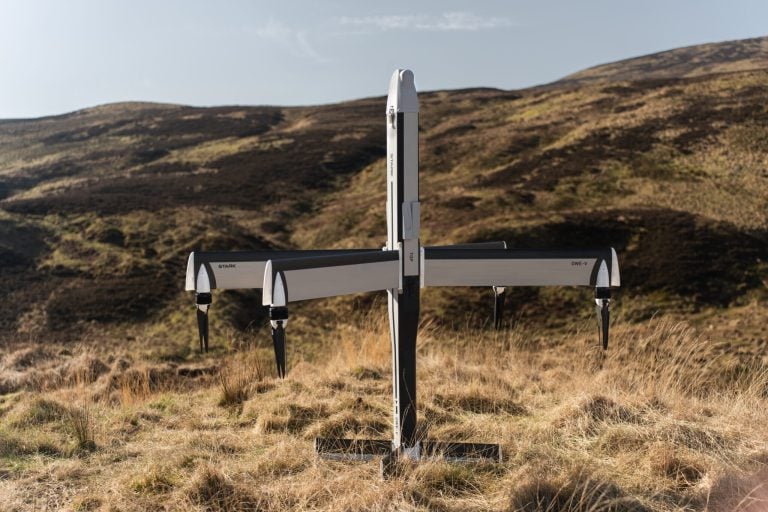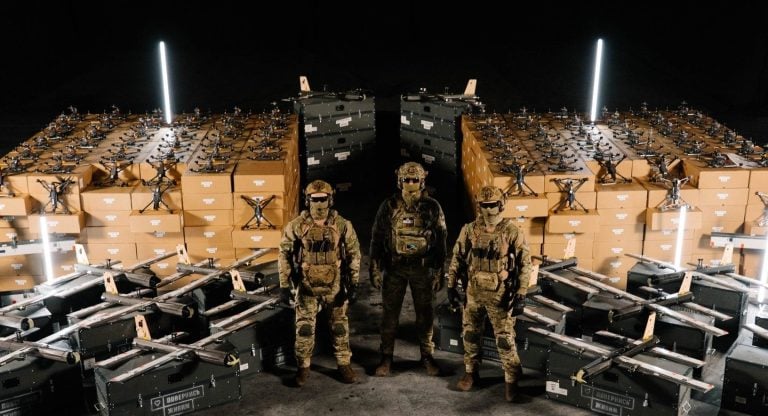The Netherlands has made a significant advancement in its military aviation training capabilities by signing a contract with Pilatus, marking a milestone as the first nation to procure the company’s newly launched PC-7 MKX flight training system. This agreement entails the acquisition of eight PC-7 MKX aircraft, supported by ground-based training systems and four advanced flight simulators.
Pilatus is scheduled to deliver this cutting-edge training system in the first half of 2027, aimed at enhancing the training experience for student pilots and instructors in the Royal Netherlands Air Force. The Dutch Ministry of Defense emphasized that this partnership, initiated three decades ago, has now been extended through the signing of this contract, which underscores a commitment to a state-of-the-art learning environment.
With this transition, the Netherlands plans to phase out its older PC-7 Turbo-Trainers, thereby modernizing its training fleet based at Woensdrecht Air Base, located in the southwest of the country. Ioannis Papachristofilou, Vice President of Government Aviation at Pilatus, highlighted that the integration of the new PC-7 MKX alongside an array of comprehensive training aids is crucial for the effective implementation of the training system.
The PC-7 MKX is equipped with an advanced avionics system that includes standard configurations, along with various optional features such as a traffic advisory system, autopilot, cockpit camera, and a mission debriefing system. These capabilities are designed to meet a spectrum of training requirements and ensure that student pilots gain thorough operational exposure.
Designed with enhanced cockpit functionalities, the PC-7 MKX offers multiple displays that facilitate various flight modes, enabling pilots to simultaneously monitor the flight management system, engine data, and a crew alerting system. Furthermore, the incorporation of flight simulators in the training regimen is expected to reduce the dependency on physical aircraft, promoting a more cost-effective and efficient training environment.
The training package also boasts virtual reality (VR)-based components that integrate interactive wallboards and VR modules, enhancing the hands-on learning experience. Additionally, a sophisticated training management system is included, providing advanced tools for mission planning and debriefing. This feature offers early access to complex mission analytics, which are typically reserved for more advanced training stages, thereby enriching the overall educational experience for trainee pilots.
With this modernization initiative, the Netherlands is positioning itself for improved aviation training outcomes, investing in a future-ready force equipped with the latest aviation technologies.
